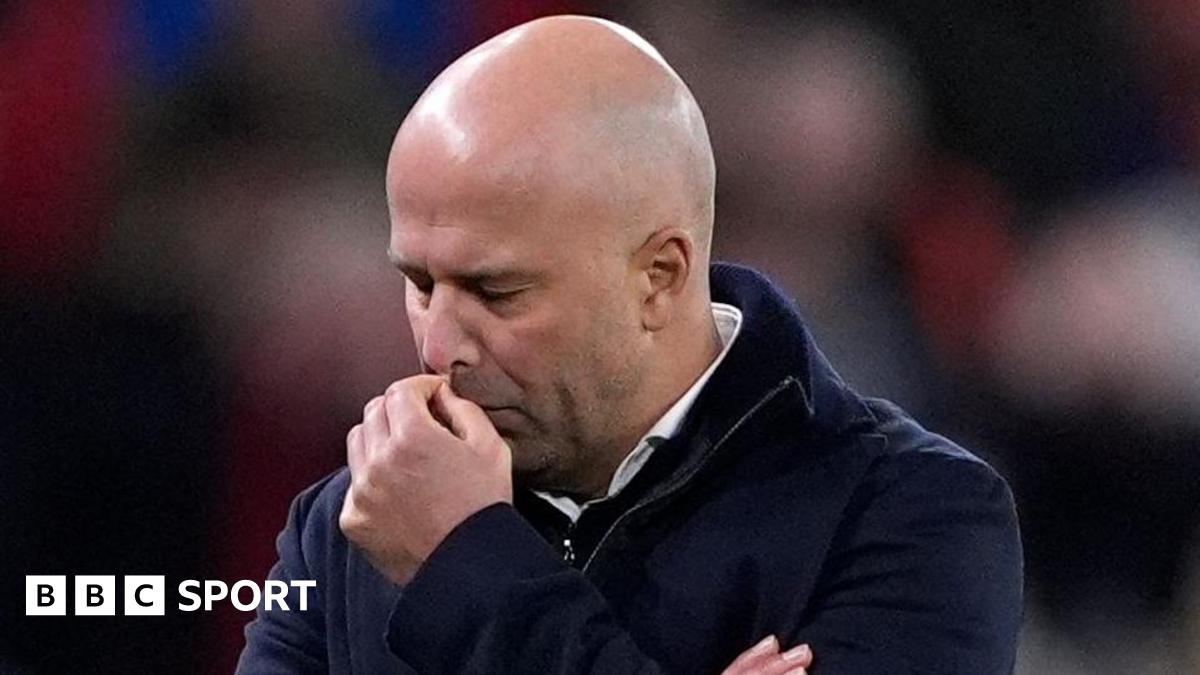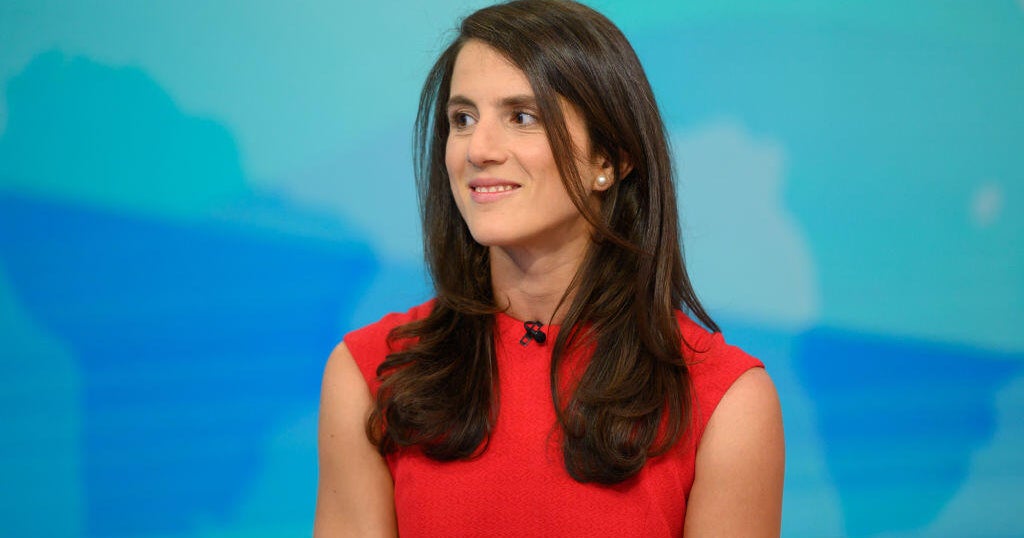Company tax could be slashed to 20 per cent for firms with revenue below $1 billion, but businesses would be hit with a world-first “cashflow tax” to encourage them to invest in Australia and capture a share of the enormous earnings of tech giants such as Netflix and Apple.
The radical tax overhaul proposal from the Productivity Commission would hit large corporate taxpayers including BHP, Rio Tinto, Glencore and Woolworths, but would capture companies that currently pay little or no tax including Transurban, News Corp and Amazon.

The proposed cashflow tax would target multinationals that pay little tax in Australia. Credit: Matt Willis
The commission estimates its plan would deliver an estimated $15 billion boost to the economy, setting the stage for a battle over company tax settings at Anthony Albanese’s economics roundtable.
The commission’s report, the first of five that will form a key part of the debate at the three-day roundtable between August 19 and 21, focuses on the tax system and ways to make the Australian economy more dynamic.
Commission deputy chair Alex Robson said the tax proposals were aimed at encouraging businesses to spend more on investment that would help lift overall productivity.
Loading
“In the past 10 years productivity grew by less than a quarter of its 60-year average. To turn this around, we need business to expand and invest in the tools and technology that help us get the most out of our work,” he said.
“If we don’t get our economy moving again, today’s children could be the first generation to not be better off than their parents. We need to spark growth through investment and competition – the best way to do that is to reform our company tax system.”
Currently, businesses with a turnover of less than $50 million face a corporate tax rate of 25 per cent, with a 30 per cent rate for all other firms – one of the highest rates in the developed world.
Under the commission’s proposals, the rate would drop to 20 per cent for all businesses with revenue of less than $1 billion, about 98 per cent of all firms. About 500 businesses, the nation’s biggest corporate taxpayers, above the $1 billion threshold would continue to face a 30 per cent tax rate.
To cover the cost of the tax cut and encourage businesses to spend more by investing directly in technology, equipment and research, the commission recommends the introduction of a 5 per cent cashflow tax on all businesses.
Companies would be able to deduct the full cost of capital expenditure, such as new technology or machinery, in the year it is made from their taxable cashflow to encourage businesses to make productivity investments.
What’s a cashflow tax?
Company tax is paid on the taxable income (after deductions) of a business. A key part of taxable income is that it allows a company’s capital spending to be written off gradually over time.
In a cashflow tax, however, business write-off capital spending in a single year - the year in which it makes the expenditure.
Unlike company tax, under a cashflow tax a business cannot claim interest deductions to reduce their overall taxable income. Proponents argue the tax encourages businesses to invest more, reducing their taxable income, while ending the tax advantage of debt.
At present, an investment is depreciated over a number of years, which the commission believes acts as a disincentive for firms to sink money into speculative or large projects.
Unlike the company tax system, the interest on borrowings will not be able to be used to reduce what they owe through the cashflow tax.
The commission argues the current tax system disadvantages small and medium-sized businesses, which often have to rely on their own savings to grow, more than major corporations that can easily borrow, including from overseas parent companies.
“The company income tax system tends to favour incumbents while restricting capital expenditure by other firms,” it found.
Modelling of the proposal by the commission estimates it will increase investment by $7.4 billion, the size of the economy by $14.6 billion and productivity by 0.4 per cent.
The overall impact on the federal budget is estimated to be zero, as large companies will pay more tax, offsetting the lower tax paid by firms under the $1 billion threshold.
The commission believes ultimately the cashflow tax rate could be increased, allowing the company tax rate to be reduced for large firms.
While cashflow taxes have won support among academics, no country has introduced one to replace traditional company tax.
Proponents argue they are more difficult for large companies to avoid, particularly multinationals that may sell intellectual property or move debt between their international subsidiaries to reduce their overall tax burden.
Tech giants such as Apple, which in 2022-23 paid $141 million in tax on $481 million of taxable income despite reporting $12.6 billion of total income, and Amazon which reported $6.5 billion in income across four entities and paid $125 million in tax, meet their legal tax requirements in Australia.
They argue they contribute more to the economy through the value of their services and by selling items that attract GST.
A cashflow tax, however, would lift their overall tax burden if they failed to carry out domestic capital investment.

The Brisbane city council has a 31-step checklist for people wanting to open a cafe. The Productivity Commission argues it’s a sign regulation holds businesses back. Credit: Getty Images
Any change of company tax rates is likely to be contested at the roundtable, with large firms and those that pay little tax at present expected to raise concerns. The ACTU this week said opposed cutting the company rate.
Apart from tax, the commission has proposed a major overhaul of business regulation, arguing it has grown to the point it is holding back companies and reducing their ability to make a profit.
It notes that the Brisbane City Council has created a checklist with 31 steps before a business owner could start a cafe and “even contemplate charging $5.50 for a flat white”.
Loading
In NSW, it takes an average of nine years to get approval for a wind farm, while the average wait for a prospective Canberran house builder to get the OK for a development application is almost six months.
Starting with the federal government, the commission recommends all levels of government overhaul the way they create regulations with a focus on simplification.
“Regulation is important, but over-regulation is a handbrake on growth,” commissioner Barry Sterland said.
Treasurer Jim Chalmers said the government already had a substantial productivity agenda but was ambitious to do more.
“Reducing regulatory burden is an important part of our productivity effort, and we’re working with regulators on potential reforms to be considered as part of the roundtable process,” he said.
Cut through the noise of federal politics with news, views and expert analysis. Subscribers can sign up to our weekly Inside Politics newsletter.
Most Viewed in Politics
Loading


















































